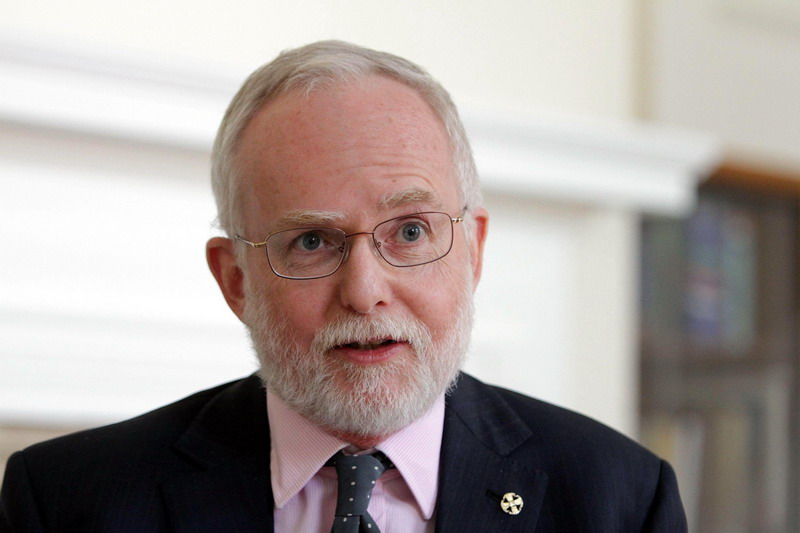In the past two years, Diplomacy&Commerce magazine has given to its readers abundance of news from politics, business and culture, has reported on the opinions of relevant stakeholders both from Serbia and abroad, covering all segments of life, and opened up topics that were not written or talked about enough. With its latest issue, Diplomacy&Commerce is celebrating its second anniversary in Serbia. We are very proud of the fact that, in two years and 24 issues, we have managed to interview the leaders of the Serbian political, business and diplomatic community, as well as the renowned regional and the global public figures. In these past 24 issues, we have also published special supplements dedicated to overall relations between Serbia and European and world countries.

We have asked Serbian officials – Serbian PM, government ministers, ambassadors and representatives of business associations in Serbia – to give us their opinions about the most important changes that Serbia should make in order to become an EU member, and about the investment climate in the West Balkan region.
1. What do you think are essentially the most important changes that Serbia should make in order to be ready for EU membership by 2025?
-
Do Serbia and the Western Balkans have enough capacity to attract large multi-nation companies to their markets?
-
2018 has the potential to be a crucial year for the Western Balkans, with a series of opportunities for the countries of the region to engage with wider Europe and make a reform breakthrough. PM Brnabić attended the EBRD Summit in London, where she also met our Prime Minister to discuss the issues. There is a busy programme of work under the Bulgarian Presidency, and in July London will host the 5th Berlin Process Summit. We are working to ensure this Summit takes forward regional security, economic stability and political cooperation. Serbia has to meet the standard – and extensive – requirements of the EU Acquis, in terms of legislation, institutions and so on. That is a big task, but running through it are some key principles, particularly to do with the Rule of Law. It is not a bureaucratic checkbox exercise. Rule of Law is fundamental, not just for success in the EU, but in building a modern, prosperous and stable society. The EU has made clear in negotiations, particularly over Articles 23 and 24, the areas where specific progress is needed, but the issue of course goes wider – modern societies need strong and independent media, vigorous institutions, clear accountability and robust democratic debate if they are to be able to surmount the challenges that they face. In the case of Serbia there is also the commitment to normalise relations with Kosovo. It is good that there is an Internal Dialogue on this, launched last year by President Vučić.
2. The key question is the extent to which business sees opportunities.There was certainly a buzz at last week’s EBRD event in London, which I attended. Participants wanted clarity on governments’ plans, information about the opportunities and certainty on Rule of Law. Businesses want predictability in law and fair market conditions. So, for them, the process of reform and EU accession is central, along with improving economies and ease of doing business. Serbia has been able to demonstrate real progress on ease of doing business in recent years. I hope that will continue along with further substantive reform, particularly in regard to e-Government and digital services. The British Government is working to support this through the programmes under our Good Governance Fund.